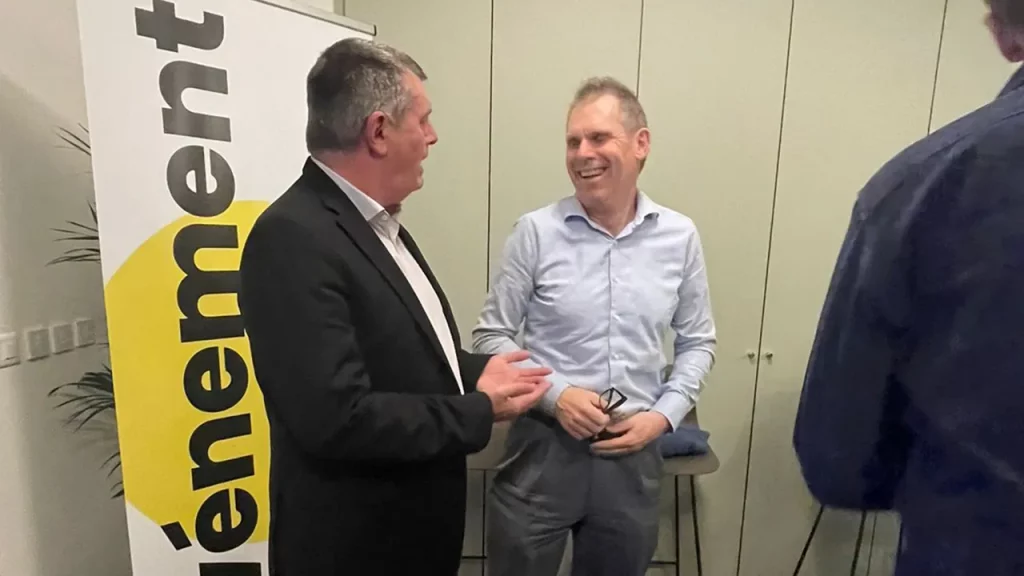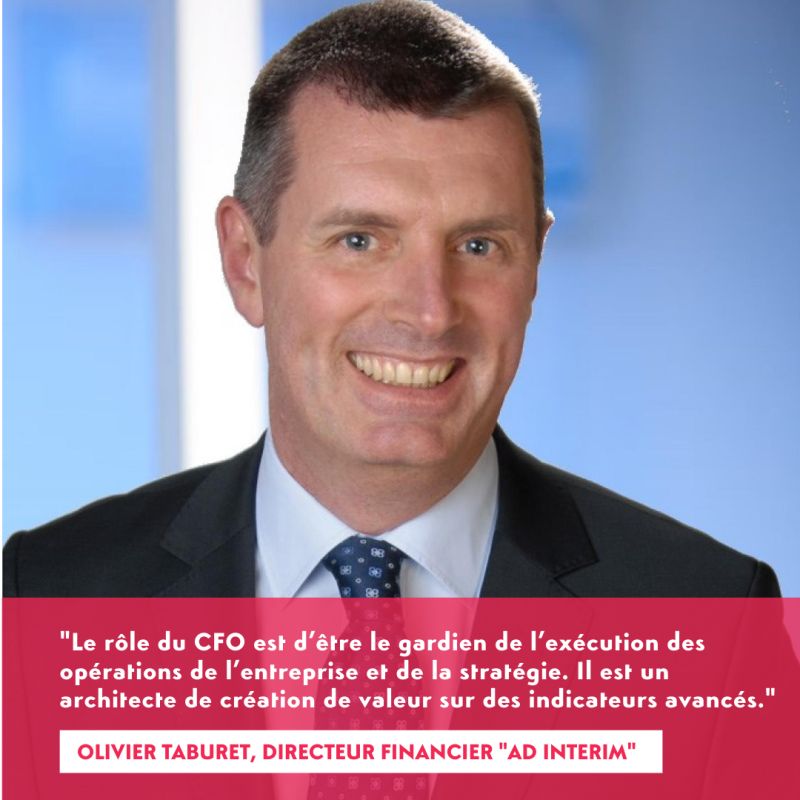Alain Le Berre is an experienced interim manager who has officiated in many countries around the world (Switzerland, Germany, France, Gulf countries, etc.). Trilingual, he is perfectly acculturated to the Swiss environment and has made a specialty of business returns. He testifies about the specificities of his activity as an interim manager.
For how long have you been interim manager?
Alain Le Berre : As an independent, I have been doing this for 12 years now and the previous four years I was doing that on account of larger consulting organizations.
Tell us more about your activities…
Alain Le Berre : I would say that my specialty is really a little bit broader on special situations, which includes, of course, operational restructuring, performance improvement and turnaround. But it also includes pure financial restructuring, balance sheet refinancing, finding new investors, finding new funds. And of course, as I said previously, transactions, M&A, post-merger integration, carve outs and international arbitration. Essentially, it’s pretty much anything that is pretty “hairy”. I do that a lot for private equity owners, for hedge funds, for also individual wealthy entrepreneurs. But it’s mostly, I would say that certainly 75% of my clients are private investors and private entrepreneurs. And I do this in any country where I can carry out my job in either English, French or German, which are the three languages that I speak.

Is there a demand for turnaround assignments in Switzerland?
Alain Le Berre : I would hope so because two years ago I co-founded the “Swiss Turnaround Association”, now recognized as the official Swiss chapter of the Turnaround, the broader Turnaround Management Association with 9000 members in 50 countries. So I would hope to think that many people are interested by this field. Beyond that, I would argue that in Switzerland specifically, there are two misconceptions that we are, and we should all be working hard to correct. The first one is that restructuring means cutting jobs and basically destroying employment. This is absolutely not true. In my experience, I’ve been doing that in one way or another for 35 years now. So I have done 100, perhaps closer to 200 different restructuring cases. And I have to say that, yes, I did do mass social plans programs in about perhaps less than a quarter of all cases that I had to deal with. And in largely more than three quarter of the cases, this was absolutely not at all what had to be done. The other misconception in our country is that restructuring is perceived as a shame, as a blackspot on your CV, on the life of the company. And that misconception is not founded. In the UK, in Germany, in France… people long ago understood that the life cycle of a company of a business is just like life cycle of the economy. There are ups and downs and when you are hitting down, this is not the end of the world. This is quite to the contrary of perfect and golden opportunity to rebound and to get out of this situation stronger and better.
One key achievement of an interim phase?
Alain Le Berre : I could think of one just before COVID in German speaking Switzerland for a scientific publisher where basically we had to fire the CEO on day one. On account of the main majority shareholder. Then to reshuffle the board of directors to negotiate a still stand with the bank, with the suppliers and under protection of the court. And then to work hand in hand with the court appointed administrato towards what is called “Nachlassstundung”. For those who know the term in Switzerland or “sursis concordataire” in French. We basically provided 18 months of still stand time to restructure the company, restructuring its debts, turnaround the business from an operational standpoint. And eventually this was approved by the court. We sold the business to a minority shareholder who had now become the new CEO. And with the active support of one key supplier, we could save the business.
Any advices to executives who are considering embaking in an interim management career?
Alain Le Berre : I would definitely recommend it. It’s a lot of fun. You’re never bored and I’m enjoying myself every day. That said, I would also say almost in the same breath, do your due diligence because it’s not necessarily everyone’s cup of tea. You have to have a good resistance to stress, good resilience and a lot of flexibility.












